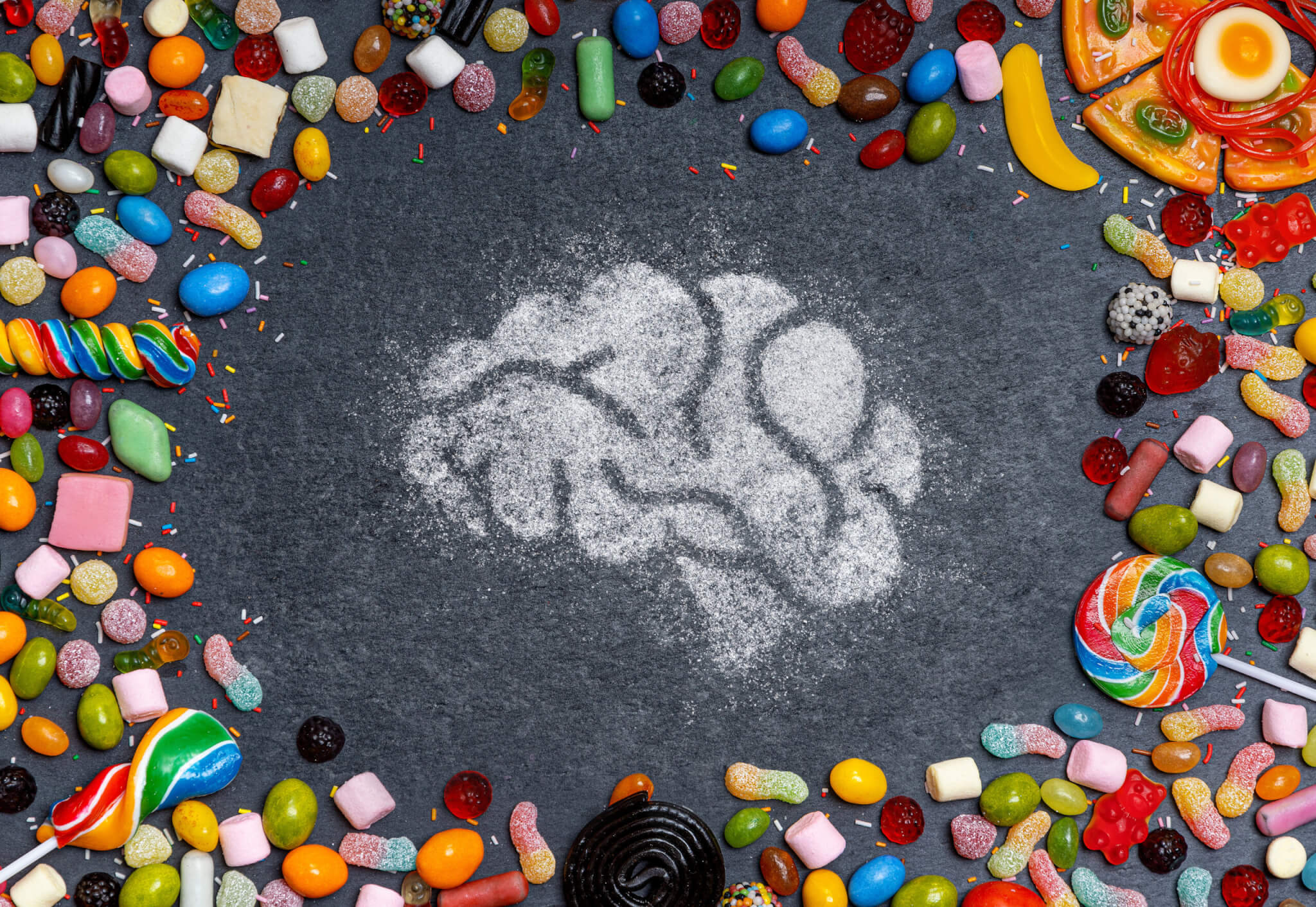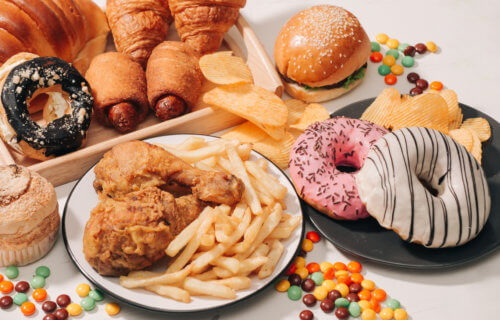COLOGNE, Germany — If junk food is your vice, it might be because all those sweets brainwashed you, so to speak. According to a new study, eating food high in sugar and fat rewires our brains to unconsciously prefer delicious but unhealthy treats.
How exactly do sweets have such impressive powers? Researchers say our brains learn to prefer foods such as sweets, chocolate, cake, cookies and chips — and respond positively when fed them. The study concludes that our brains learn to subconsciously prefer and crave these fatty and sugary foods, even when we stop eating them.
The study led by scientists at the Max Planck Institute for Metabolism Research in Cologne, in collaboration with a team at Yale University, measured the brain activity of a group given a dessert high in fat and sugar each day for two months alongside their normal diet. A control group received a daily dessert which contained the exact same amount of calories, but less fat. The brain activity of the volunteers in both groups was measured before and during the eight-week experiment.
They found that the brain reactions of those given the pudding significantly increased after eight weeks — particularly activating the region responsible for motivation and reward and releasing dopamine.
‘Brain rewires itself’ from junk food consumption
The study team, led by Dr. Marc Tittgemeyer, observed that the brain’s responses to sugar and fat-rich foods in the group that ate the daily high-fat and sugar dessert were greatly increased after the eight weeks. This increased activity especially activated the “dopaminergic” system, which releases the feel-good hormone dopamine in the region of the brain responsible for motivation and reward.
“Our measurements of brain activity showed that the brain rewires itself through the consumption of chips and [other junk food]. It subconsciously learns to prefer rewarding food. Through these changes in the brain, we will unconsciously always prefer the foods that contain a lot of fat and sugar,” he says in a statement.

Dopamine releases give us a sense of pleasure and the motivation to do something when we’re feeling such pleasure. Every time we do something we enjoy — such as eating food we like or exercising — small amounts of dopamine are released into our brains. However, vices such as drinking alcohol and taking recreational drugs can also cause the release of dopamine.
Our brains learn to prefer foods high in sugar and fat due to the cerebral activity, such as dopamine release, that we experience when we eat them. “Our tendency to eat high-fat and high-sugar foods – the so-called Western diet – could be innate or develop as a result of being overweight,” adds Sharmili Edwin Thanarajah, another lead author of the study. “But we think that the brain learns this preference.”
During the study, the volunteers who gorged on the daily high-fat and sugar dessert didn’t gain more weight than those in the control group. Their blood values, including blood sugar and cholesterol levels, didn’t change either. But Dr. Tittgemeyer and his team believe the preference for sugary and fatty foods in the test group will continue after the end of the study, as the brain neglects to forget it enjoys unhealthy foods.
“New connections are made in the brain, and they don’t dissolve so quickly,” Dr Tittgemeyers says. “After all, the whole point of learning is that once you learn something, you don’t forget it so quickly.”
South West News Service writer James Gamble contributed to this report.
